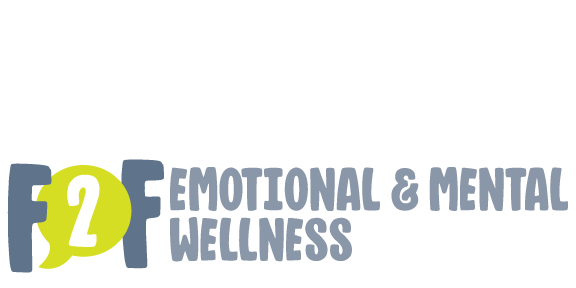Page 9
How do you really know that a friend might need some support? Everyone has ups and downs, but if you notice a big change in how your friend is acting, like if they’re getting mad all the time, telling you they’re sleeping a lot more or less, crying, then it’s always good to ask them if something’s up.
Here are some warning signs that your friend might be struggling:
- Getting mad or annoyed a lot
- Sleeping a lot more or less
- Crying more than usual
- Being negative a lot of the time
- Having lots of mood swings
- Isolating themselves or withdrawing from friends and family
- Saying or posting things online that worry you
- Not taking care of personal appearance or hygiene
- Gaining or losing a lot of weight
- Having trouble concentrating, seeming bored more than usual
- Getting worse grades than usual
- Losing interest in activities they used to enjoy
- Acting out of control or reckless
- Using drugs or alcohol to handle stress or anxiety
- Complaining of frequent physical symptoms (like headaches, stomachaches, or fatigue)
- Harming themselves (like cutting or scratching their skin)
Also, signs like these could mean that a friend might be thinking about suicide and needs help:
- Talking about wanting to hurt or kill themselves
- Talking or writing about death in general, or about people who’ve died by suicide, especially if they’re talking positively about it
- Writing a suicide note (or talking about writing one)
- Complaining of being a bad person or feeling awful inside
- Talking about feeling hopeless, purposeless, or trapped
- Saying things like, “You’d be better off without me,” “Nothing matters,” “It’s no use,” or “I won’t see you again.”
- Giving away or throwing away important possessions
- Becoming very agitated, cheerful, or energetic after being depressed
- Telling you about having hallucinations or really strange thoughts
If you’re ever worried that a friend might be thinking about suicide, ask them directly about it: “Are you thinking about suicide?” Asking won’t put the idea in their head. If they say yes or if you’re still worried about them, connect them to an adult immediately. You can also give them the number for the National Suicide Prevention Lifeline, or even call yourself for advice. It’s totally free and confidential, and they have support available 24 hours a day 7 days a week.
National Suicide Prevention Lifeline (free and confidential):
1-800-273-8255 or suicidepreventionlifeline.org
